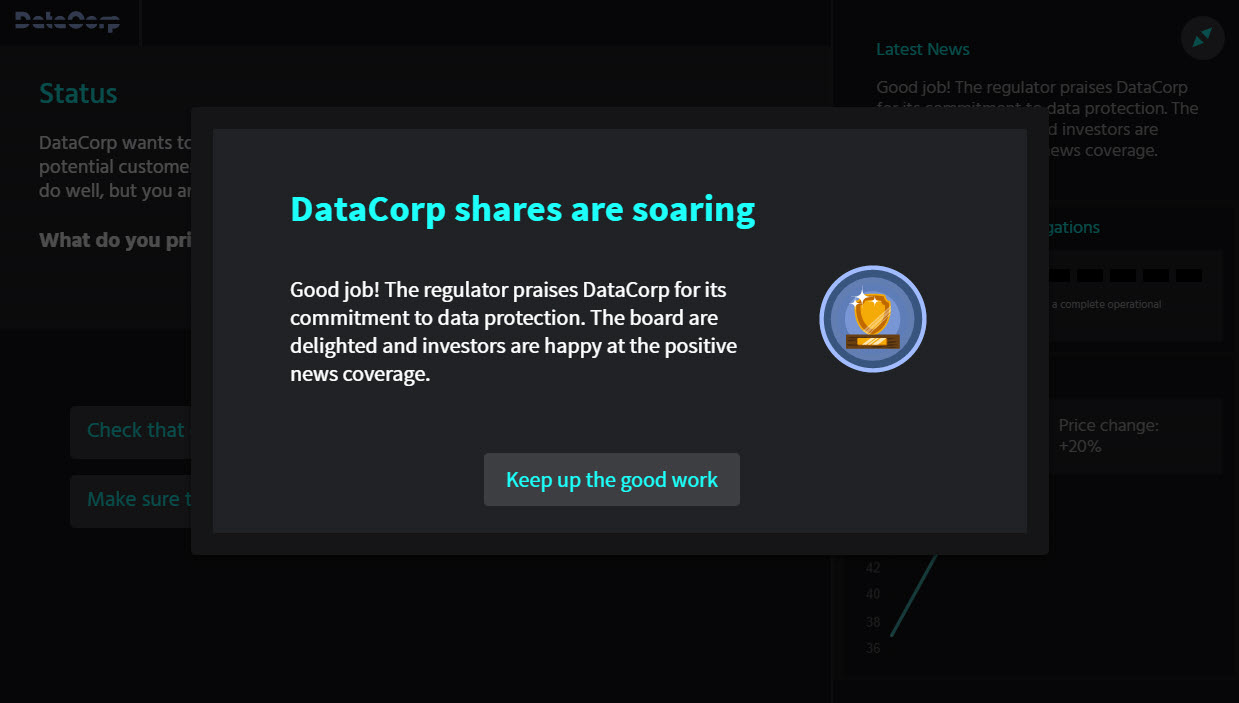Are your employees equipped to use the Internet and email securely?
How certain are you that your employees understand the risks posed by their use of the Internet? And do you trust that your employees know how to minimise risks – and what to do when they discover a threat? We all rely on the Internet and email for marketing, communications and essential business operations – […]
Take the GDPR data protection challenge

How well do you really know data protection rules? With the new General Data Protection Regulation (GDPR) coming into force in 2018, organisations are working hard to ensure they meet the new regulations. Companies processing over 5000 personal records per year or employing over 250 staff are now required to appoint a data protection officer, […]
Risk assessment: exposure to the new corporate criminal offence for failure to prevent tax evasion

HMRC has secured more than £2.5bn from offshore tax evaders since 2010 Does the Criminal Finances Bill put you at risk? VinciWorks has created a five minute tax evasion assessment to help you evaluate your exposure to the new corporate criminal offence for failure to prevent tax evasion. About Tax Evasion Risk Assessment Described as […]
Deutsche Bank learns anti-money laundering lessons the hard way

Europe’s largest investment bank hit with £500m fine Most companies, particularly financial institutions, understand that a small investment into proper anti-money laundering training for their staff is not only a necessary expense, but a long term money saver. But Deutsche Bank is not most companies. Europe’s largest investment bank was hit with a stunning £500m […]






